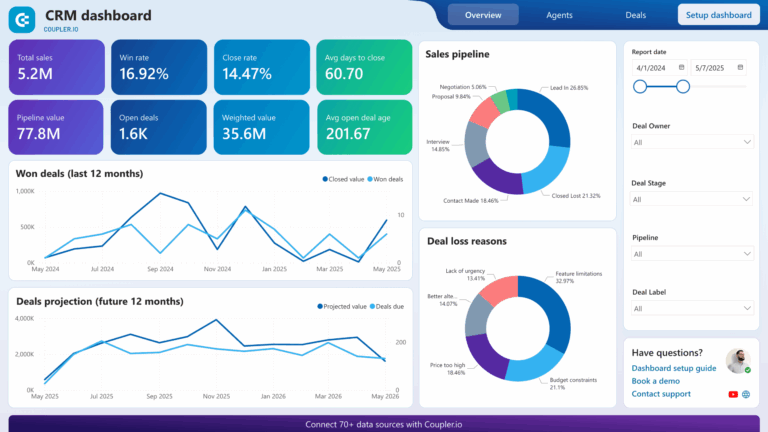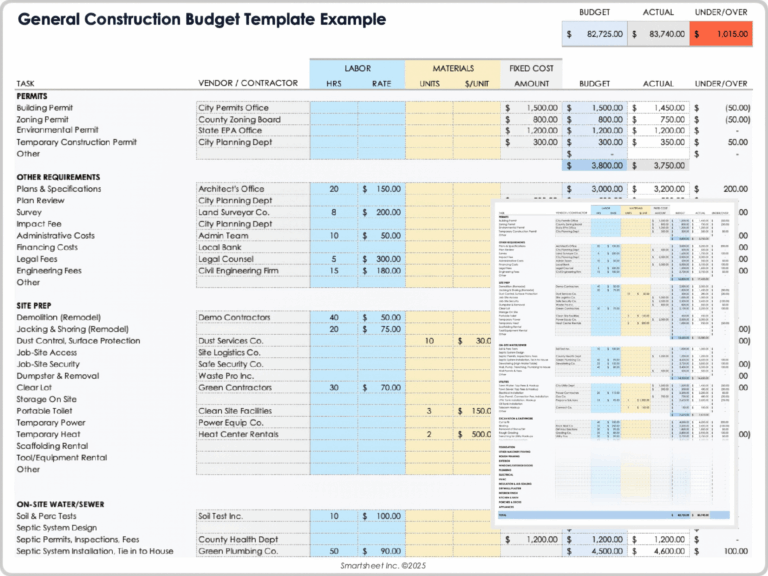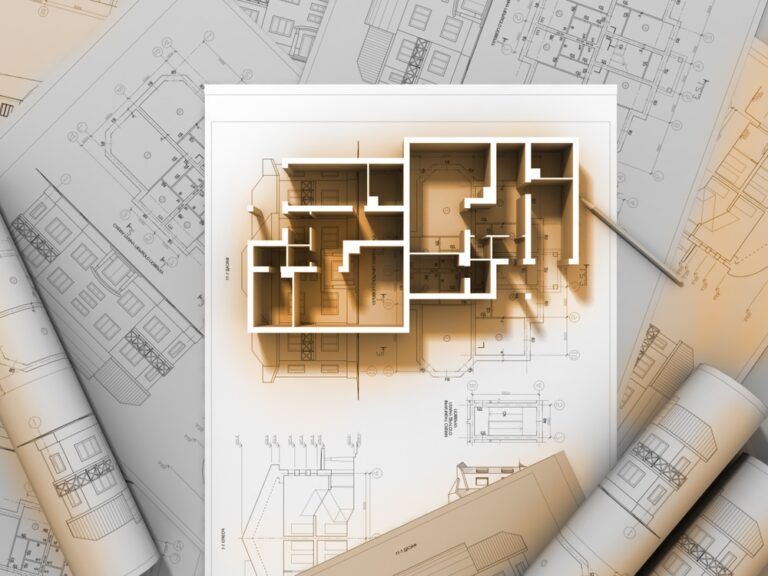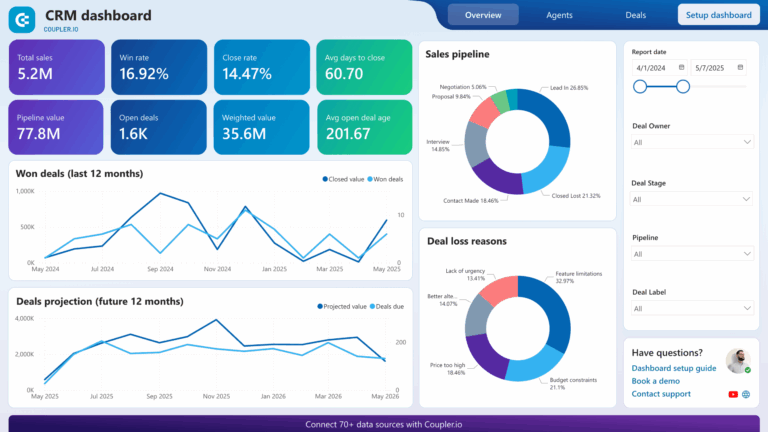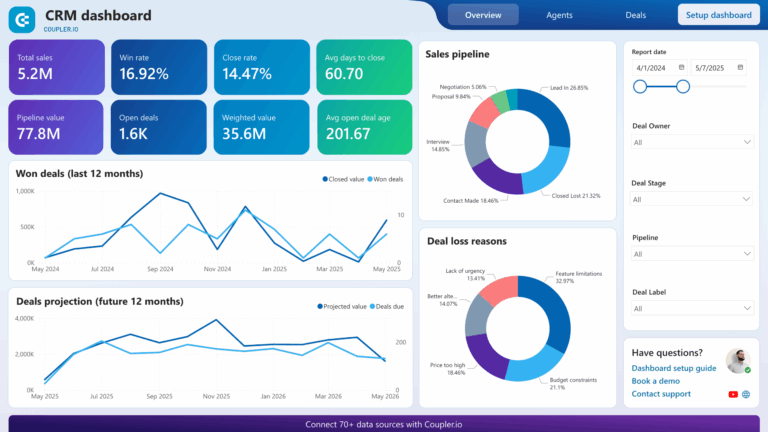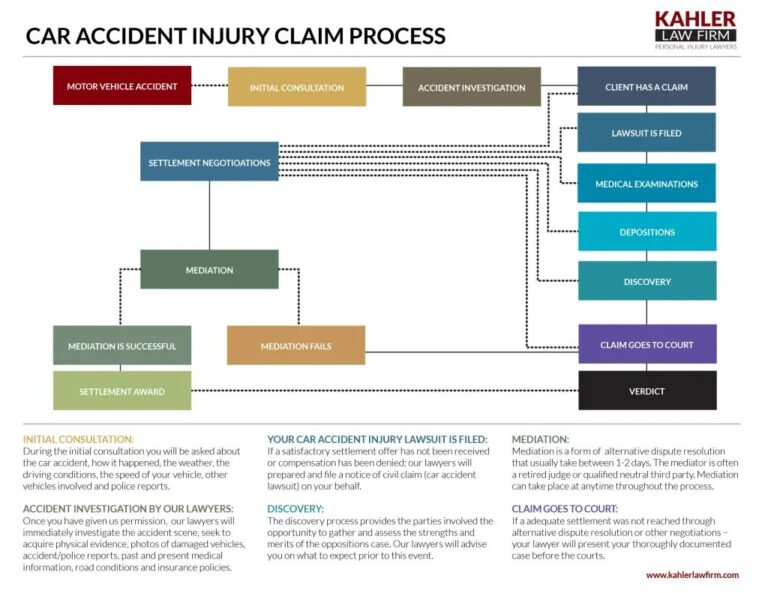Best Electricity Consumption Calculator: Top 5 Tools Compared
Finding the Best Electricity Consumption Calculator: An Introduction
When it comes to managing household expenses, understanding your electricity consumption is crucial. However, with the multitude of electricity consumption calculators available online, finding a reliable and user-friendly tool can be quite challenging. Many calculators offer varying features, accuracy levels, and user experiences, making it hard to determine which one suits your needs best. Whether you’re looking to estimate your monthly energy usage, calculate potential savings from energy-efficient appliances, or simply track your electricity costs, the right calculator can significantly ease the process.
This article aims to review and rank the top electricity consumption calculators available online, saving you time and effort in your search. We’ve carefully evaluated each tool based on a set of specific criteria to ensure you can make an informed choice. Key factors include accuracy of calculations, ease of use, and the range of features offered. For instance, some calculators allow you to input specific appliances and their usage times, while others provide general estimates based on average household consumption.
In addition to these features, we also considered the overall design and user experience of each calculator. A tool that is visually appealing and straightforward can make a significant difference, especially for users who may not be tech-savvy. By the end of this article, you’ll have a clearer understanding of which electricity consumption calculator is the best fit for your needs, empowering you to take control of your energy usage and potentially save on your monthly bills.
Our Criteria: How We Selected the Top Tools
How We Selected the Top Tools
In selecting the best electricity consumption calculators, we carefully evaluated each tool based on a set of comprehensive criteria. This ensures that users can find a calculator that meets their needs effectively and efficiently. Here are the key criteria we considered:
-
Accuracy and Reliability
– Data Sources: We examined the calculators’ reliance on reputable data sources to ensure their calculations are based on industry standards and accurate appliance wattages.
– Formula Transparency: The best tools clearly outline the formulas used for calculations, allowing users to understand how results are derived. -
Ease of Use
– User Interface: We prioritized calculators with intuitive and user-friendly interfaces that facilitate quick navigation and input.
– Accessibility: Tools that are accessible on various devices (desktop, tablet, mobile) were favored, ensuring users can calculate their electricity consumption anytime, anywhere. -
Key Features
– Customizable Inputs: Top calculators allow users to input specific appliances and their wattage, as well as usage patterns (e.g., hours per day, days per week). This includes:- Appliance type selection (e.g., HVAC, refrigerator, lighting)
- Power requirements (in watts or kilowatts)
- Usage frequency and duration
- Cost Estimation: We looked for tools that not only calculate consumption in kilowatt-hours (kWh) but also provide cost estimates based on local electricity rates.
-
Cost (Free vs. Paid)
– Pricing Structure: We evaluated whether the calculators are free to use or if they require payment. Free tools were favored, as they provide accessibility without financial barriers.
– Value for Money: For paid tools, we assessed whether the additional features justified the cost, ensuring users receive adequate value for their investment. -
Additional Resources and Support
– Educational Content: We considered calculators that offer supplementary resources, such as energy-saving tips, guides on understanding electricity bills, and information on energy efficiency.
– Customer Support: Tools that provide customer support or detailed FAQs were favored, as they assist users in resolving any issues or queries that may arise during usage. -
User Feedback and Reviews
– Community Ratings: We reviewed user feedback and ratings to gauge overall satisfaction and effectiveness. High ratings often indicate a reliable and user-friendly tool.
– Expert Recommendations: We also considered endorsements from energy efficiency experts or organizations, as these can lend credibility to the calculators.
By applying these criteria, we ensured that the selected electricity consumption calculators not only meet the basic functional requirements but also provide additional value to users seeking to understand and manage their electricity usage effectively.
The Best Electricity Consumption Calculators of 2025
1. Electricity Calculator
The Electricity Calculator from Calculator.net is a user-friendly tool designed to help users estimate their electricity consumption and associated costs. By inputting the power requirements and usage patterns of various appliances, this free calculator provides valuable insights into energy expenditure. Its straightforward interface makes it accessible for anyone looking to manage their electricity usage effectively and understand their monthly expenses better.
- Website: calculator.net
- Established: Approx. 27 years (domain registered in 1998)
2. Electricity Calculator: Power Consumption kWh Estimator
The Electricity Calculator: Power Consumption kWh Estimator from Save On Energy is a user-friendly tool designed to help individuals estimate their energy consumption. By simply multiplying an appliance’s wattage by its daily usage in hours, users can easily determine the watt-hours and, subsequently, the kWh usage. This calculator is particularly beneficial for those looking to manage their energy costs and make informed decisions about their electricity consumption.
- Website: saveonenergy.com
- Established: Approx. 24 years (domain registered in 2001)
5. Energy Usage Calculator
The Energy Usage Calculator from Pacific Power is a user-friendly tool designed to help homeowners estimate their energy consumption. By inputting the number and types of appliances used, along with specifics such as heating system size, users can gain insights into their energy usage patterns. This calculator is an excellent resource for those looking to optimize their energy efficiency and manage costs effectively.
- Website: pacificpower.net
- Established: Approx. 26 years (domain registered in 1999)
How to Get the Most Accurate Results
Double-Check Your Inputs
When using an electricity consumption calculator, accuracy begins with the data you input. Carefully review the wattage and usage hours for each appliance. Many calculators allow you to define your own appliances or select from a list of common ones. Ensure that the wattage reflects your specific devices, as different models can vary significantly in power consumption. If you are uncertain about the wattage, refer to the appliance’s specification label or user manual. Additionally, pay attention to the time values you enter—whether it’s hours per day or weeks per month. Small errors in these figures can lead to large discrepancies in your estimated energy usage.
Understand the Underlying Assumptions
Each electricity consumption calculator operates on certain assumptions and formulas that influence the results. Familiarize yourself with how these calculators derive their estimates. For instance, some tools may assume an average usage pattern for specific appliances, while others might take into account seasonal variations in energy consumption. Understanding these assumptions helps you interpret the results correctly and decide if they accurately reflect your household’s unique energy habits.
Use Multiple Tools for Comparison
To ensure you’re getting the most reliable estimates, consider using multiple electricity consumption calculators. Different tools may use varying methodologies or have different datasets, which can lead to variations in the results. By comparing outputs from several calculators, you can identify any discrepancies and gain a more comprehensive understanding of your energy consumption. This approach also allows you to cross-reference appliance usage and costs, providing a more nuanced view of your electricity needs.
Keep Track of Your Actual Usage
While calculators provide valuable estimates, tracking your actual energy usage can offer insights that calculations cannot. Monitor your electricity bills over a few months to determine your average consumption. This data can help you calibrate the inputs in your calculators for future estimates. If you notice a significant difference between your estimated and actual usage, it may indicate that your assumptions about appliance wattage or usage hours need adjustment.
Consider Seasonal Changes
Energy consumption can fluctuate based on seasonal changes, particularly with heating and cooling appliances. When using an electricity calculator, consider the time of year and any seasonal habits that may affect your energy usage. For example, air conditioning units will contribute significantly to your electricity bill during the summer months, while heating systems will do so in winter. Adjusting your inputs based on seasonal changes can lead to more accurate estimates.
Stay Informed About Energy Efficiency
Finally, staying informed about energy-efficient appliances and practices can help you make more accurate predictions about your electricity consumption. Many calculators offer tips and guidance on how to reduce energy usage. Familiarize yourself with ENERGY STAR ratings and other efficiency metrics, as these can significantly impact your overall energy consumption and costs. By integrating this knowledge into your calculations, you can better plan for energy savings in your home.
Frequently Asked Questions (FAQs)
1. What is an electricity consumption calculator?
An electricity consumption calculator is a tool that helps users estimate the amount of electricity consumed by various appliances and devices within a specific time frame. By inputting the power rating (in watts) and usage duration of each appliance, users can calculate their total energy consumption in kilowatt-hours (kWh), which is essential for understanding electricity costs and managing energy efficiency.
2. How do I use an electricity consumption calculator?
To use an electricity consumption calculator, follow these steps:
1. Select Appliances: Choose from a list of common appliances or manually enter your own.
2. Input Power Rating: Enter the power rating of each appliance in watts or kilowatts.
3. Specify Usage: Indicate how long each appliance is used daily, weekly, or monthly.
4. Electricity Rate: Input your local electricity rate (cost per kWh).
5. Calculate: Click the calculate button to get the total energy consumption and estimated cost.
3. Why is it important to know my electricity consumption?
Understanding your electricity consumption is crucial for several reasons:
– Cost Management: It allows you to estimate your electricity bills and identify high-energy-consuming appliances.
– Energy Efficiency: By analyzing consumption patterns, you can make informed decisions to reduce energy waste and lower costs.
– Environmental Impact: Reducing electricity use decreases your carbon footprint and contributes to environmental conservation.
4. Can I track my electricity consumption over time?
While many online electricity consumption calculators provide a one-time estimate, some advanced tools and applications allow you to track your energy usage over time. These tools often require inputting data regularly or may connect to smart home devices that automatically monitor and report energy usage, giving you insights into trends and helping you adjust your habits for better efficiency.
5. Are electricity consumption calculators accurate?
Electricity consumption calculators can provide a reasonably accurate estimate based on the information you input. However, the accuracy depends on the precision of the power ratings and usage times you provide. Variations in appliance efficiency, usage habits, and external factors like weather can affect actual consumption. For the most accurate results, consider monitoring your actual energy usage with a smart meter or energy monitoring system.
Important Disclaimer
⚠️ Important Disclaimer
The information and reviews in this guide are for educational purposes only and are based on publicly available information. We are not affiliated with any of the tools mentioned. Features and pricing may change. Always conduct your own research before choosing a tool for your needs.




